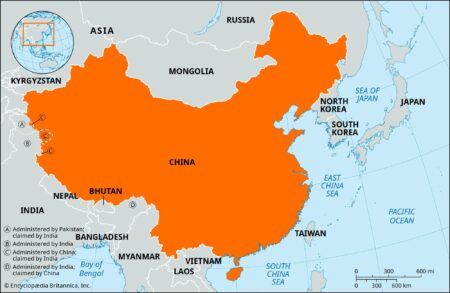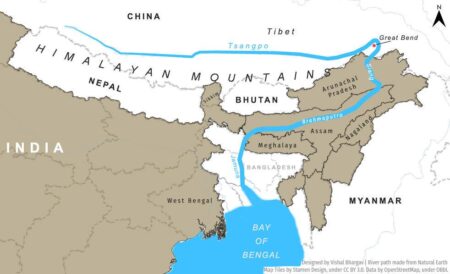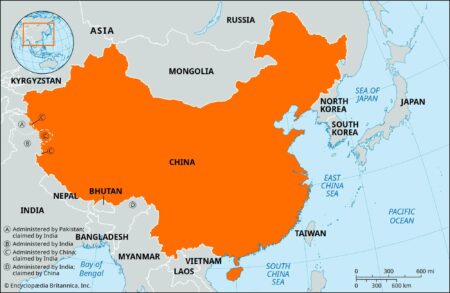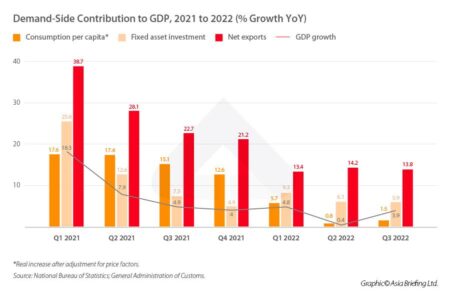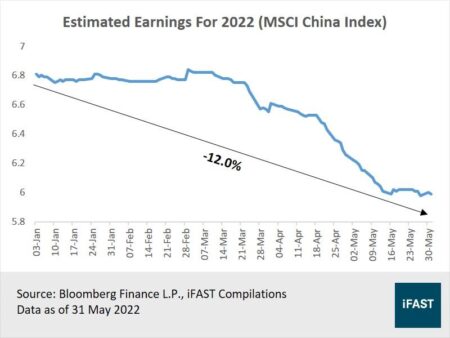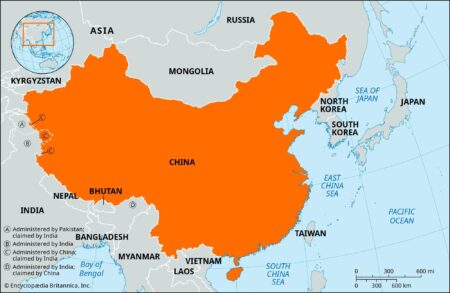China’s Premier has called for stronger price controls to combat rising deflationary pressures that pose a serious threat to the economy. This decisive move aims to stabilize markets and ignite economic growth amid these challenging times
Browsing: China
Wells Fargo’s exit ban from China has ignited new concerns about the challenges foreign companies encounter in the country. This move highlights growing regulatory uncertainties amid escalating US-China tensions, Reuters reports
China is intensifying its push to rein in the yuan’s surge, a daring move designed to protect its export advantage amid a storm of global economic uncertainties, reports the Council on Foreign Relations
China has launched a bold and ambitious dam project on the Brahmaputra River in Tibet, sparking serious concerns in India over possible control of water flow and risks to water security. Experts warn that this move could dramatically impact agriculture and disrupt the livelihoods of millions living downstream
Exclusive: Sources revealed to Reuters that China has quietly secured its rare earth export quotas for 2025, signaling tighter controls as global supply concerns grow and trade tensions persist. The precise figures, however, are still being kept under wraps
China’s commerce minister recently met with Nvidia’s CEO to explore thrilling opportunities for boosting foreign investment and deepening collaboration in artificial intelligence. This high-stakes meeting seeks to supercharge tech partnerships amid intensifying global competition, Yahoo reports
China is investing billions of dollars into artificial intelligence, driven by a fierce ambition to become a global leader. Experts believe this bold strategy is designed to outpace rivals in advanced technology, military power, and economic growth
China’s Tianwen 2 asteroid-sampling probe has captured stunning images of Earth and the Moon as it journeys through the vastness of deep space. These high-resolution photos and videos showcase the mission’s thrilling advancements, delivering breathtaking views of our dynamic home planet alongside its timeless celestial companion
China is making a powerful move to curb “irrational” competition in its electric vehicle industry, aiming to tame reckless market tactics and promote sustainable growth, Reuters reports. This crackdown targets chaotic pricing wars and cutthroat rivalries that have thrown the market into turmoil
Nvidia CEO Jensen Huang is preparing to accelerate sales of its groundbreaking chips to China the moment U.S. restrictions on the H20 AI chip are lifted, aiming to solidify the company’s presence in this crucial market, CNBC reports
China’s economy is slowing down as cautious consumers tighten their wallets. Meanwhile, mounting US tariff threats are stoking tensions, deepening trade uncertainties and rattling market confidence, Reuters reports
China’s economy continues to surge forward, demonstrating remarkable resilience despite the tariffs imposed by the Trump administration. Experts highlight booming exports and vibrant domestic demand as the key engines fueling growth amid ongoing trade tensions
China’s latest earnings reports reveal a mixed bag, sparking fresh concerns about the fragile recovery in onshore stocks. Investors are proceeding with caution as key sectors post uneven results, threatening to derail the budding market rebound
Nvidia’s shares soared to new heights following a groundbreaking win in China, sparking a surge of investor enthusiasm. This pivotal deal paves the way for the chipmaker to rocket toward a $5 trillion market cap-and potentially beyond!
Australian Prime Minister Anthony Albanese met with Chinese President Xi Jinping in Beijing to unlock exciting new trade opportunities, enhance regional security, and accelerate climate collaboration-marking a significant step toward mending the strained ties between the two nations
Nvidia just dropped thrilling news: the U.S. government has eased restrictions on selling AI chips to China, allowing the tech giant to resume shipments and tap into fresh growth opportunities in this vital market!
China’s deflationary pressures are intensifying as companies plunge into fierce price wars, spotlighting mounting economic challenges. This cutthroat competition is squeezing profit margins and clouding growth prospects, CNBC reports
The EU is urging China to ramp up its climate action ahead of critical global talks, emphasizing the pressing need for stronger commitments to cut emissions and combat climate change, Reuters reports
In China, a master’s degree has become the ultimate ticket for job seekers. Amid fierce competition and a surge in graduates, more and more are pursuing advanced education to stand out and land their dream careers
A Filipino film that ignited calls for cancellation in China has now soared to victory at a New Zealand film festival, spotlighting the growing battle between artistic freedom and censorship in the region, reports the South China Morning Post



